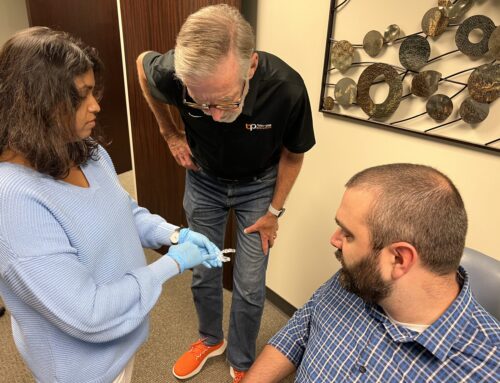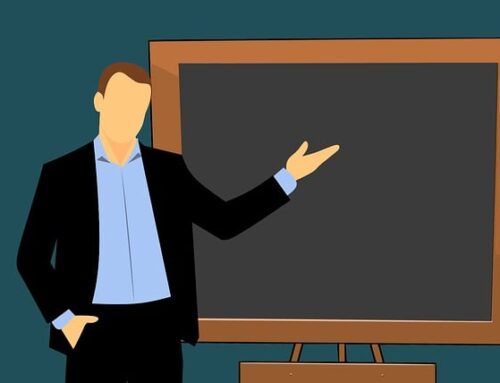Lately I have been seeing a lot of patients presenting with atypical odontalgia. As dentists, do you know what this is? It is not something that is well known across all areas of dentistry, but it is important to recognize.
Atypical odontalgia is often known as atypical facial pain, phantom tooth pain or neuropathic orofacial pain. Say that two times fast. It is a mouthful, but it is something we need to be on the lookout for in our patients because it causes chronic pain in a tooth or teeth. It typically occurs in a site where teeth have been extracted or following endodontic treatment without an identifiable cause. Over time, this pain can spread to wider areas of the face or jaws.
What causes atypical odontalgia?
The thing about atypical odontalgia is the cause is unknown. This has led clinicians to call the pain “idiopathic.” However, the pain experienced is often due to a variety of factors. This can include genetic predisposition, age and sex.
In fact, this condition is more common in women than in men. It is also found most often in middle-aged or older age groups. Researchers have also found a connection between atypical odontalgia and depression or anxiety. But the link still remains unclear.
Dysfunction or “short-circuiting” of the nerves that carry pain sensations from the teeth and jaws is triggered by somes type of dental or oral manipulation. Looking further at this, areas of the brain that process pain signals appear to undergo molecular and biochemical changes that result in a persistent sensation of pain in the absence of an identifiable cause.
Treating atypical odontalgia
Unfortunately, dental treatment does not help in all cases. In some cases, it can temporarily decrease or change the severity of the pain. However, the pain inevitably does return because it is not caused by any pathology in the teeth or gums. Instead, it is due to dysfunction of the nerves or a portion of the brain that processes pain sensation. For that reason, it is important to recognize this in order to prevent unnecessary and ineffective dental treatment.
If you are interested in learning more about atypical odontalgia and how to help your patients, contact my office today. I am happy to help you better understand this condition and how it affects your patients.






